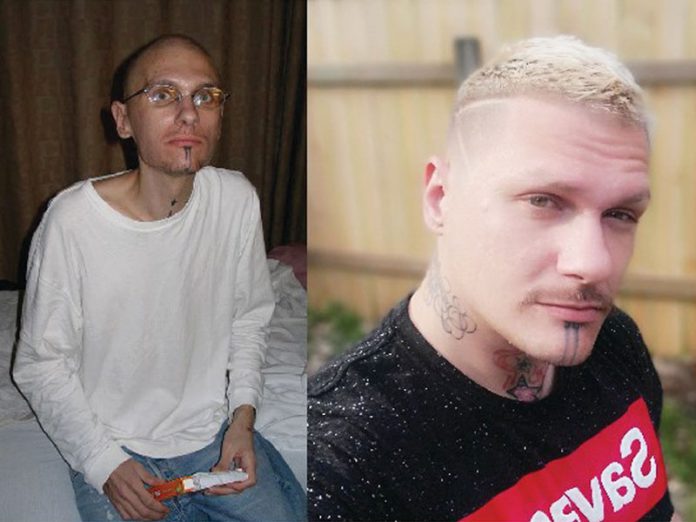When Branden Mikal Dudek left San Francisco in 2007 to return to his childhood home in Ambridge, deep purple lesions covered his skin, cancer corroded his body and clothes hung limply from a skeletal frame.
AIDS was winning.
“I basically came home to live on my parents’ couch and die,” he said.
But his parents weren’t ready to accept that. They begged Dudek to schedule an appointment with infectious disease specialist Dr. Stacy Lane in an office off Brodhead Road. Though other doctors had measured his life in months and prescribed medications that were more agony than antidote, he reluctantly agreed.
On the day of the appointment, he listened as Lane outlined the course of treatment that she believed could save his life. And then he laughed at her.
“You’re making an assumption,” Dudek told her. “I don’t want to live.”
“Take them for me,” she said.
Something in the way she asked, the tenderness with which she regarded him, softened Dudek’s stubbornness. He took the meds not so much because he wanted to live but because he didn’t want to disappoint his doctor by dying. Within a month, the lesions on Dudek’s body began to fade and his white blood cell count spiked.
“She saved my life,” he said. “She cared about me more than I cared about myself.”
Sometimes to understand your own worth, you need someone else to show you, someone who is completely, honestly, unwaveringly in your corner.
For many in Beaver County’s LGBTQ community, finding that someone has been difficult. Though LGBTQ support organizations have operated in the county, they have been few and most have fizzed for lack of funding or volunteers. In local school districts, many students have found acceptance difficult thanks to outdated policies, biased language or bullying by peers.

